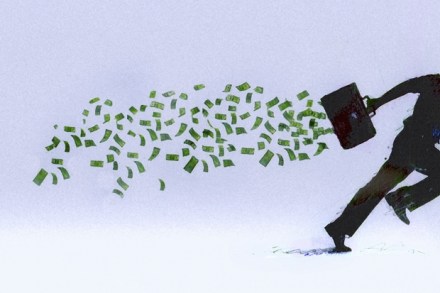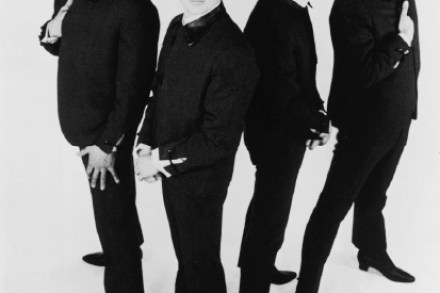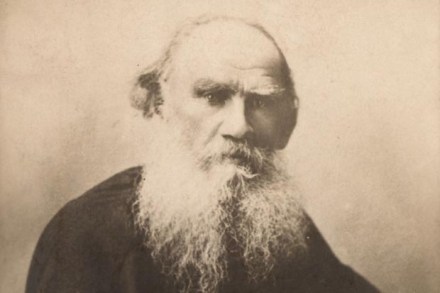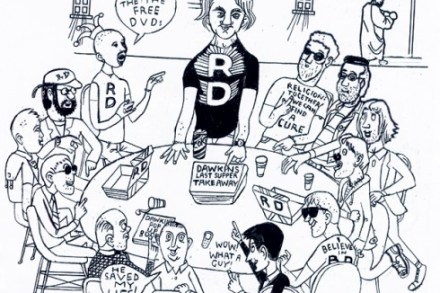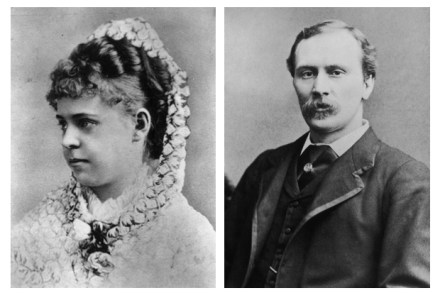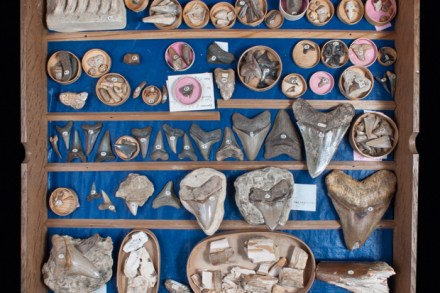Diary – 27 August 2015
There are many good reasons for being in Edinburgh in August, when the population doubles and nobody looks twice if you walk down the street in a sequinned basque with a man dressed as a leopard on a leash. One of those reasons is a certain kind of lunch — an assortment of natives augmented by visiting actors, writers, journalists and any other good talkers who happen to be passing. And so to the elegant New Town flat of journalist Katherine O’Donnell with campaigner and memoirist Paris Lees, actor Rebecca Root, novelist and journalist Ben McPherson and human geographer Jo Sharp. The first question is, of course, ‘What have you



